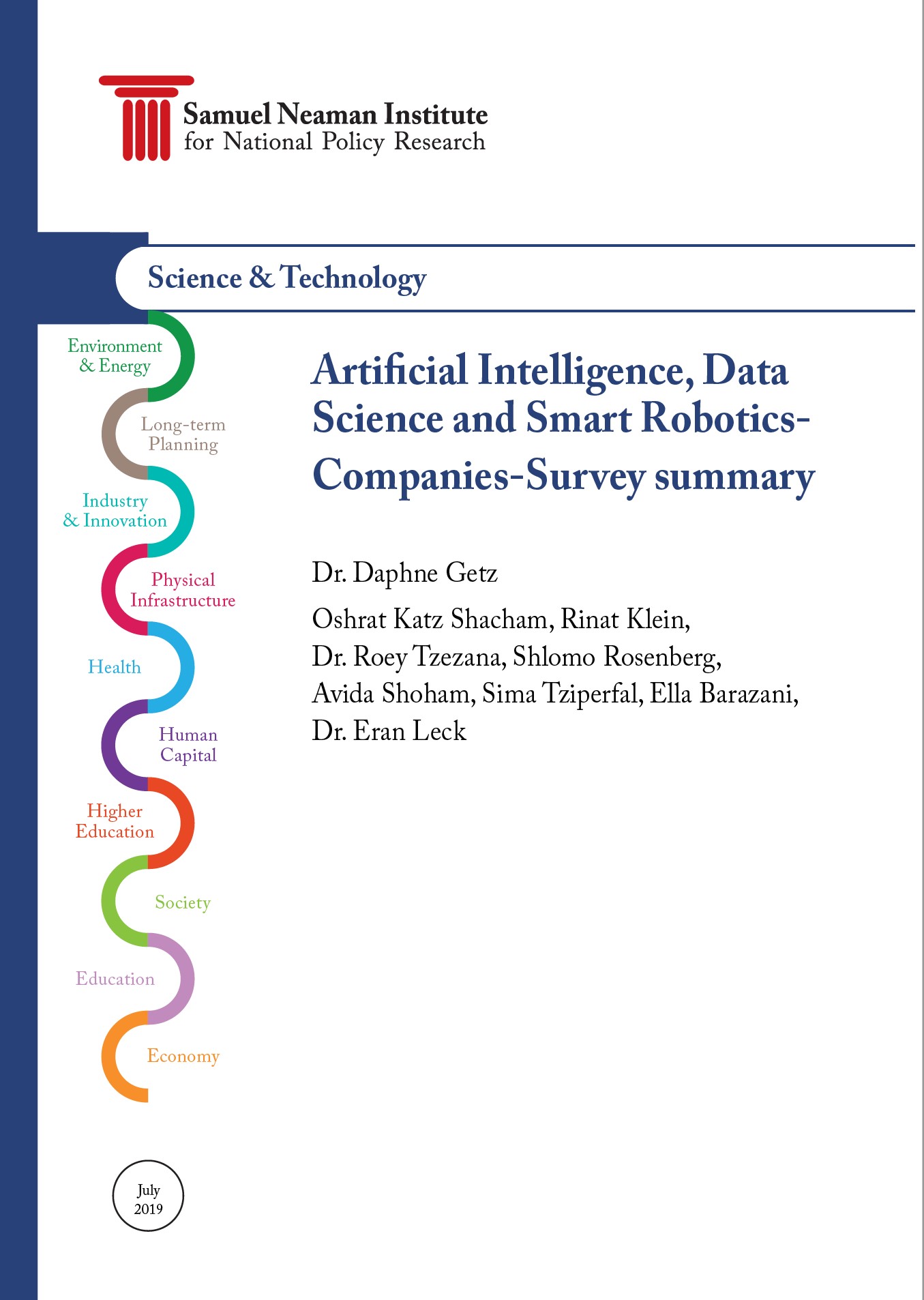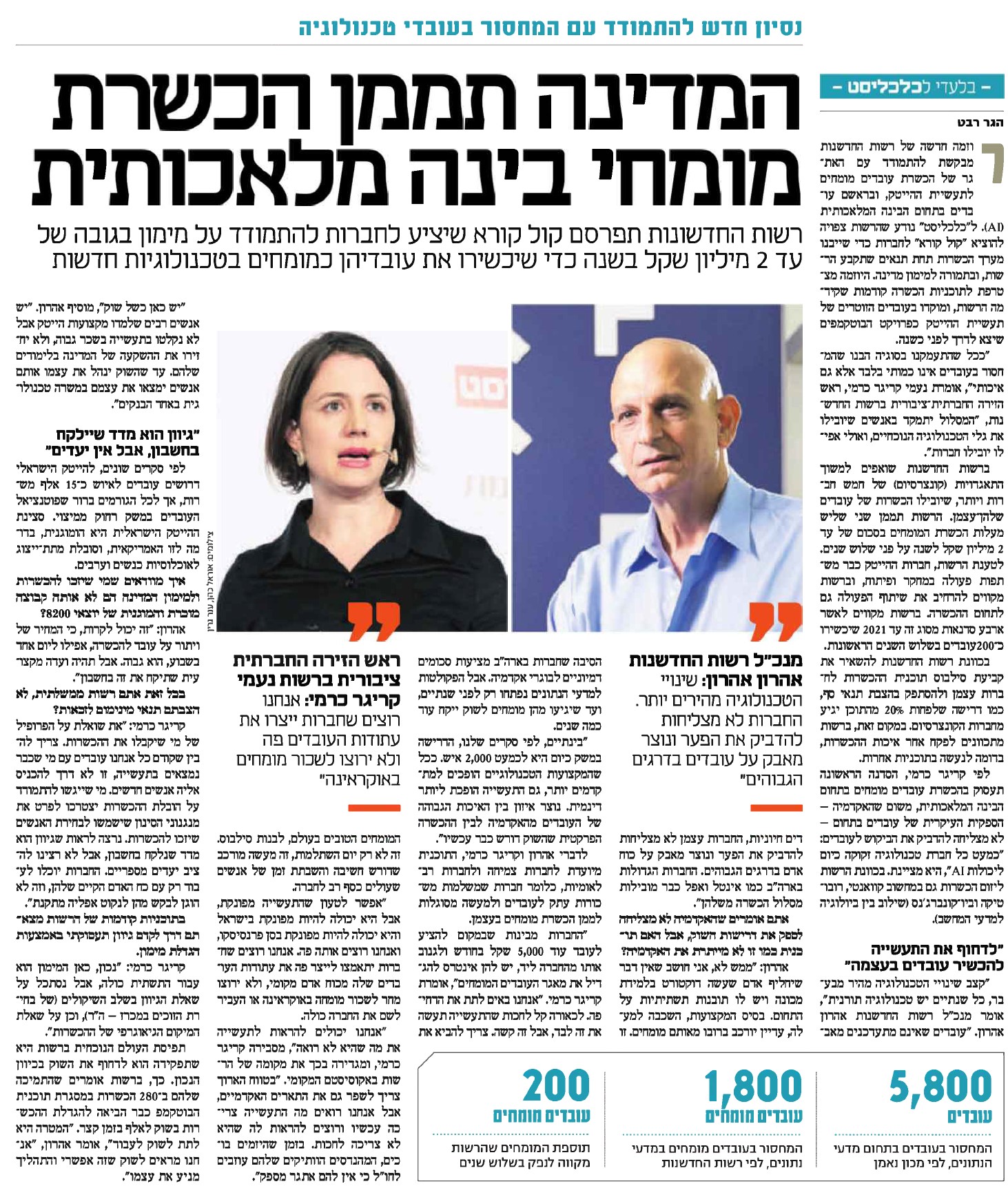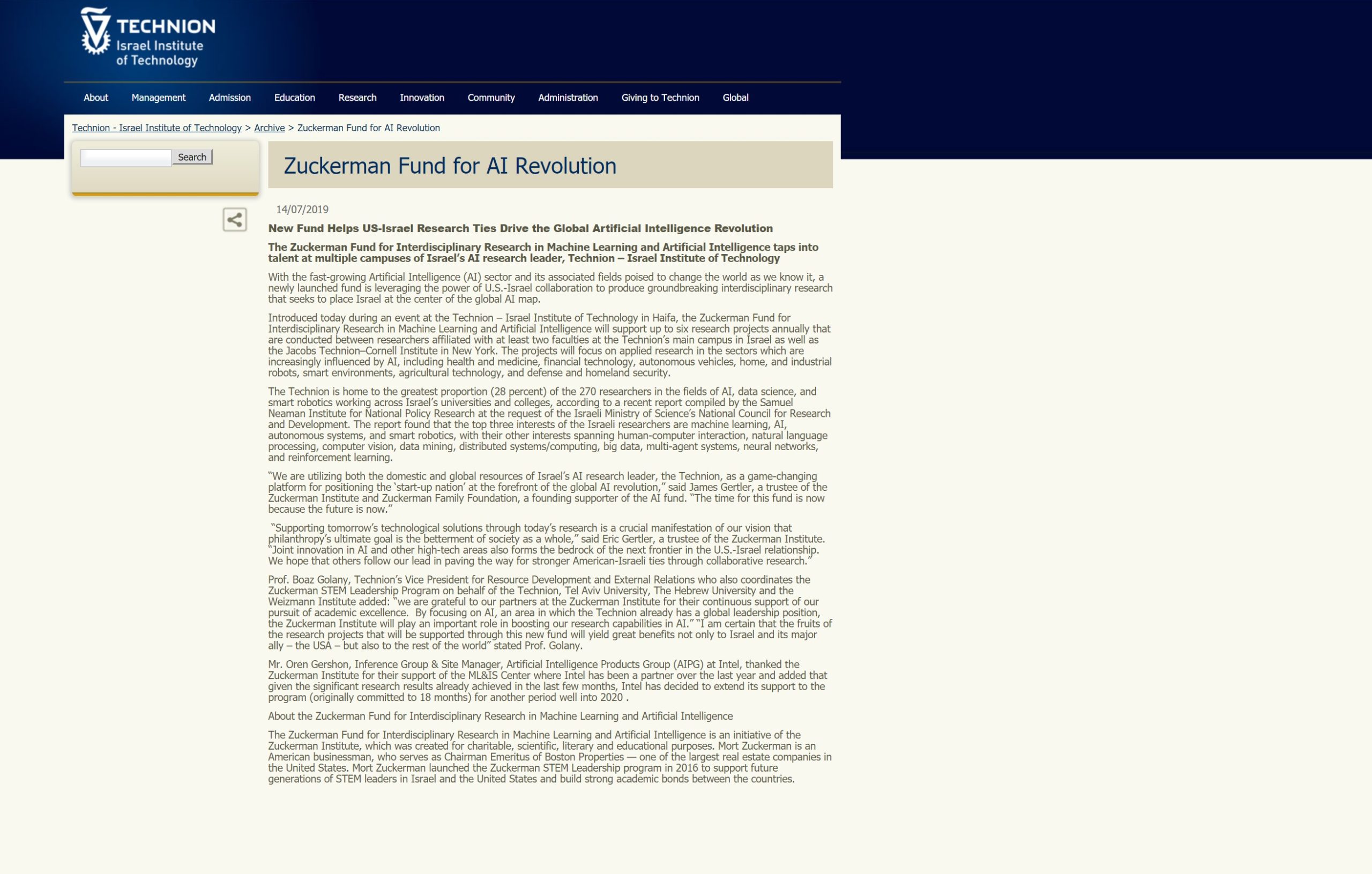 / צוות המחקר / אבידע שהם
/ צוות המחקר / אבידע שהם
אבידע הוא בעל תואר ראשון ושני במדעי החיים, ונסיון עבודה מעשי בתעשייה בתחומים אלו. מחקריו הנוכחיים מתמקדים בהיבטים הקשורים למדיניות מדע, טכנולוגיה וחדשנות במדעי החיים והביו-רפואה. בשנים האחרונות התרכז בנושאי ההון האנושי לתחומי הבריאות ומדעי החיים, ובכלל זאת מיפוי מיומנויות נדרשות בתעשייה ומעקב אחר מסלולי הקריירה של בוגרי MD-PhD בישראל. בנוסף, אבידע עוסק במחקר אודות תכניות לאומיות לפיתוח תחום מדעי החיים ומחקר פורץ דרך בתעשייה הביו-רפואית במדינות שונות. כמו כן היה מעורב בהערכת תוכנית מובילה לרפואה מדייקת (IPMP) שם צבר ניסיון בהערכת מודלים של גרנטים לקידום מחקר אקדמי חדשני בתחום זה.
טרם הצטרפות למוסד שמואל נאמן, עבד במחלקת אבטחת האיכות בחברת Omrix Pharmaceuticals וכן בחברת ביופורום, שם לקח חלק בניהול דאטה וסטנדרטיזציה של נתונים קליניים בקנה מידה גדול עבור הגשת תרופות חדשניות ל-FDA.
בין השנים 2019-2021 הוזמן אבידע כמרצה אורח בקורס “רגולציה של חדשנות טכנולוגית” באוניברסיטת ת”א והרצה על מודלים לקידום מחקר אקדמי לפיתוח תרופות חדשניות.
דפנה גץ, אושרת כץ-שחם, רינת קליין, רועי צזנה, שלמה רוזנברג, אבידע שהם, סימה ציפרפל, אלה ברזני, ערן לק

דפנה גץ, אושרת כץ-שחם, רינת קליין, רועי צזנה, שלמה רוזנברג, אבידע שהם, סימה ציפרפל, אלה ברזני, ערן לק
דפנה גץ, אושרת כץ-שחם, רינת קליין, רועי צזנה, שלמה רוזנברג, אבידע שהם, אלה ברזני, ערן לק, סימה ציפרפל
דפנה גץ, אושרת כץ-שחם, רינת קליין, רועי צזנה, שלמה רוזנברג, אבידע שהם, אלה ברזני, ערן לק, סימה ציפרפל
דפנה גץ, אושרת כץ-שחם, רינת קליין, רועי צזנה, שלמה רוזנברג, אבידע שהם, אלה ברזני, ערן לק, סימה ציפרפל

דפנה גץ, אושרת כץ-שחם, רועי צזנה, שלמה רוזנברג, אבידע שהם, אלה ברזני, ערן לק, סימה ציפרפל, רינת קליין

אלה ברזני, דפנה גץ, אושרת כץ-שחם, ערן לק, סימה ציפרפל, אבידע שהם, רינת קליין, רועי צזנה, שלמה רוזנברג

אלה ברזני, דפנה גץ, אושרת כץ-שחם, ערן לק, סימה ציפרפל, אבידע שהם, רינת קליין, רועי צזנה, שלמה רוזנברג
אלה ברזני, דפנה גץ, אושרת כץ-שחם, ערן כתר, סימה ציפרפל, אבידע שהם, רינת קליין
אופירה אילון, ארנון בנטור, אלה ברזני, דפנה גץ, אושרת כץ-שחם, ערן כתר, ערן לק, סימה ציפרפל, אבידע שהם, רינת קליין, רועי צזנה, שלמה רוזנברג
דפנה גץ, אושרת כץ-שחם, רינת קליין, רועי צזנה, שלמה רוזנברג, אבידע שהם, סימה ציפרפל, אלה ברזני, ערן לק

דפנה גץ, אושרת כץ-שחם, רינת קליין, רועי צזנה, שלמה רוזנברג, אבידע שהם, סימה ציפרפל, אלה ברזני, ערן לק
דפנה גץ, אושרת כץ-שחם, רינת קליין, רועי צזנה, שלמה רוזנברג, אבידע שהם, אלה ברזני, ערן לק, סימה ציפרפל
דפנה גץ, אושרת כץ-שחם, רינת קליין, רועי צזנה, שלמה רוזנברג, אבידע שהם, אלה ברזני, ערן לק, סימה ציפרפל
דפנה גץ, אושרת כץ-שחם, רינת קליין, רועי צזנה, שלמה רוזנברג, אבידע שהם, אלה ברזני, ערן לק, סימה ציפרפל